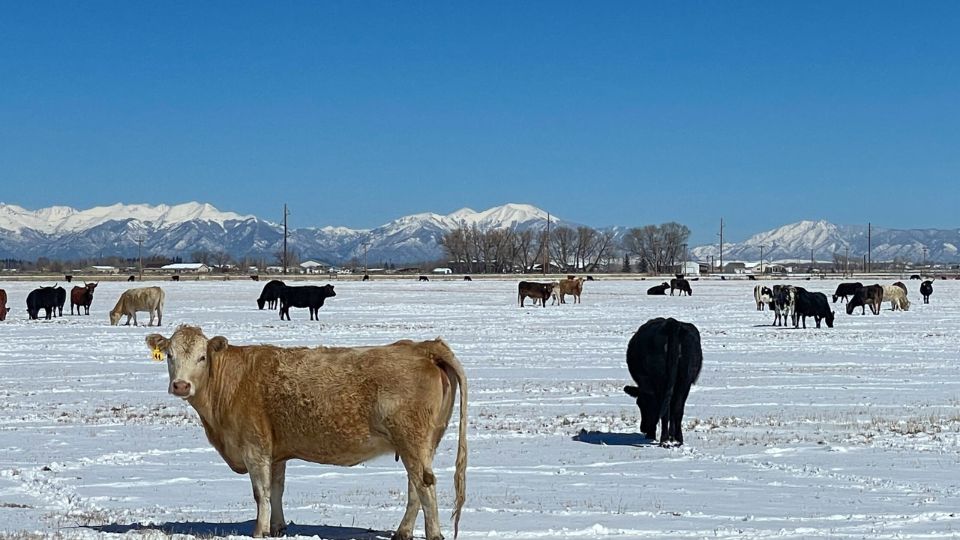In recent months, we have witnessed some alarming incidents involving food in Colorado. Yesterday, it was reported that there was a big food recall for walnuts packaged by Gibson Farms. These items are contaminated with E. coli, a bacteria that can cause a harmful infection.
In December, there was a food recall that impacted meat sold in the Western Slope. Thankfully, that case was resolved in February. But there is another factor that is influencing our food choices in Colorado, and it is unrelated to bacteria.
Bird Flu is Breaking Out Amongst Cattle in Colorado
There is currently a big outbreak of bird flu, also known as H5N1, among the cattle in Colorado. Currently, it has only impacted dairy cows in the state. Colorado Public Radio reports that although people are currently safe, there are still some concerns for their well-being.
Pasteurization of milk usually kills the virus. However, CPR discovered that there is a way to legally consume raw milk through a program called herdshare. This program allows people to buy a share of a cow’s milk and then consume the raw milk.
The virus can spread through raw milk. Although it is unlikely in Colorado due to the existing laws, it is still possible through herdshare. The Colorado Agricultural Commission now requires that all cattle transported between state lines in Colorado be tested, according to CBS News Colorado.
Also Read: Exploring 7 Flavorful Spots in New Jersey
What is the Situation Like for the Rest of the Country?
Right now, this situation is worrying the entire United States. A total of nine states have been affected. These states are Colorado, Kansas, New Mexico, Texas, Idaho, South Dakota, Michigan, Ohio, and North Carolina. Colorado is the newest state to be added to the list.
Although consuming dairy and beef is unlikely to cause infections, the main concerns arise from individuals who handle infected cattle. Workers in Texas are getting sick from cows that are also sick.
What Are Symptoms of Bird Flu?
The CDC says that symptoms can range from mild to severe. If the symptoms are mild, you may experience a sensation similar to having a cold, along with some respiratory problems in the upper part of your body.
If your symptoms are severe, you may experience a fever over 100 degrees, cough, sore throat, stuffy nose, muscle aches, and difficulty breathing. On a more serious note, it could potentially lead to pneumonia, which might require a hospital visit.
If you are experiencing any of these symptoms, it is important to visit your doctor to determine the most effective treatment for you.



Leave a Reply